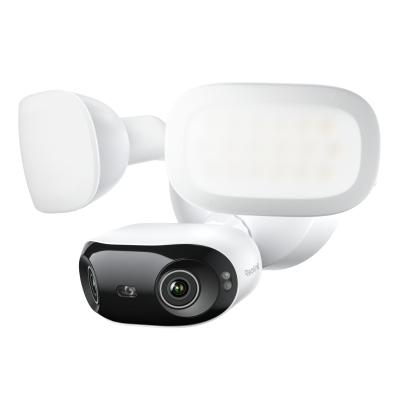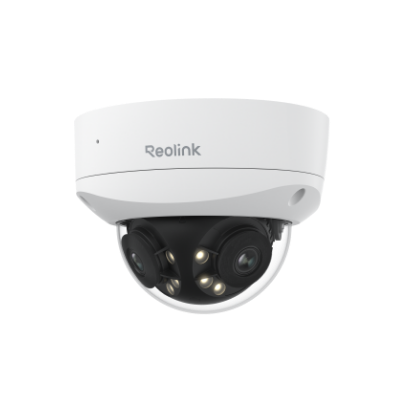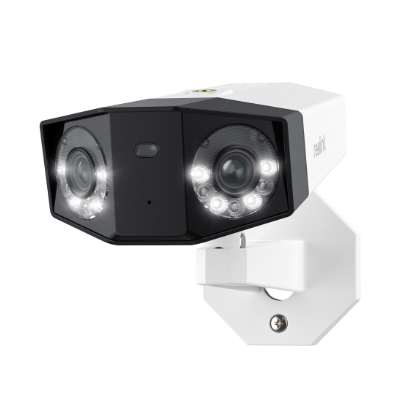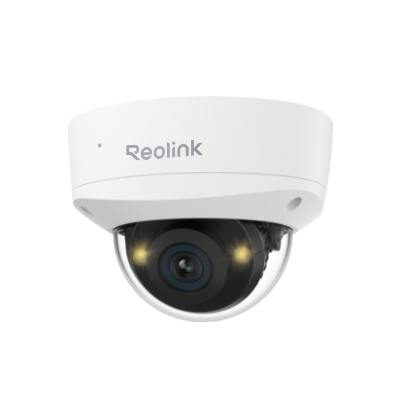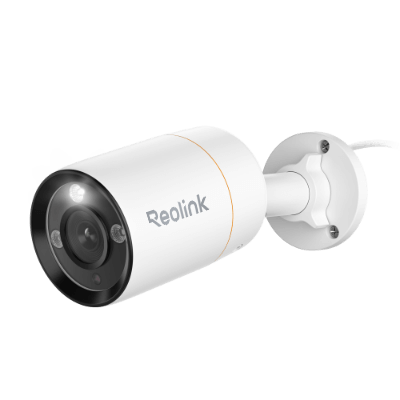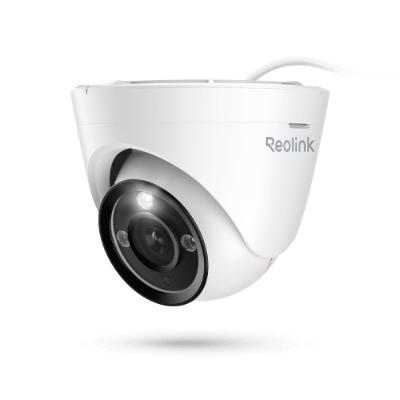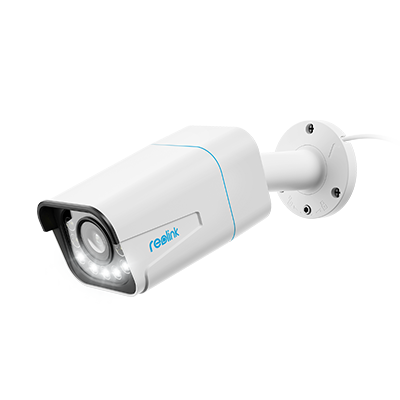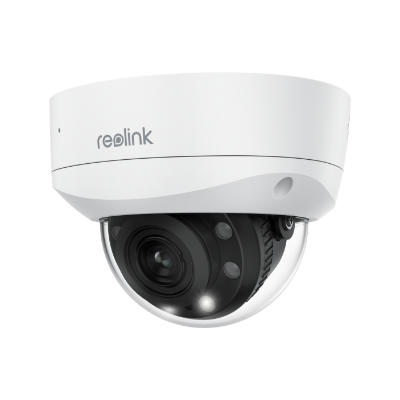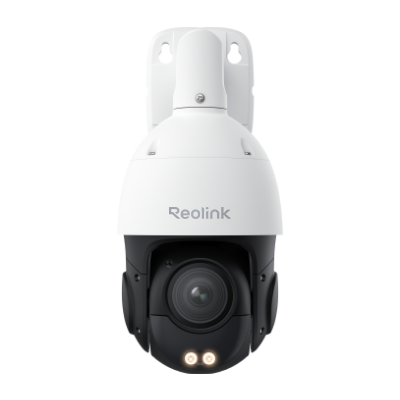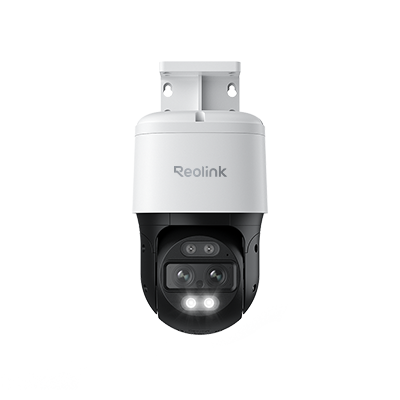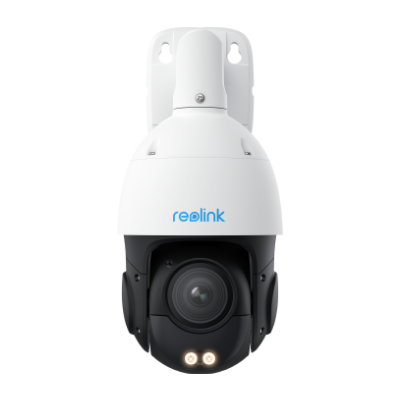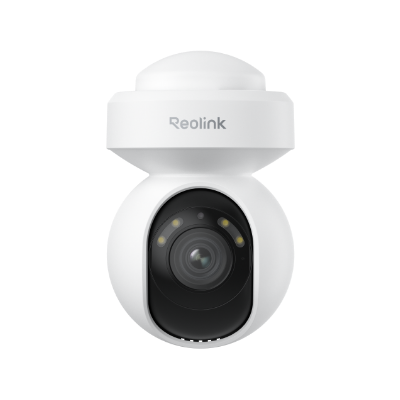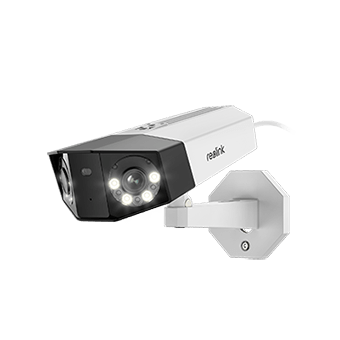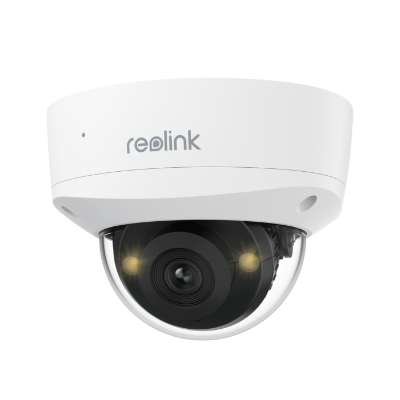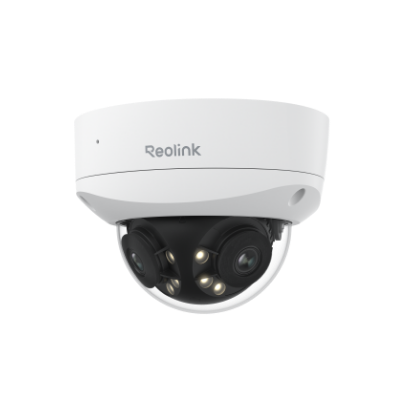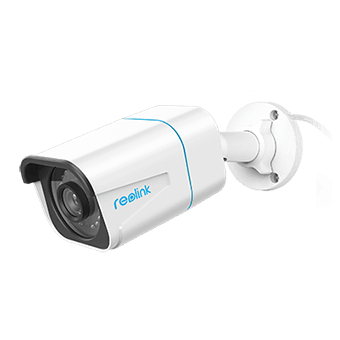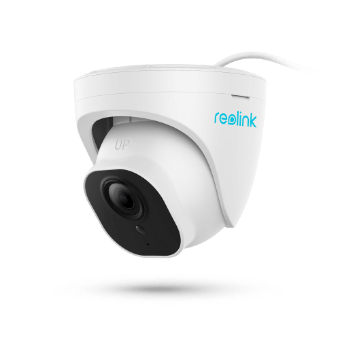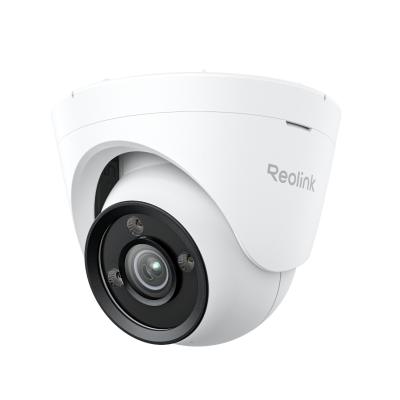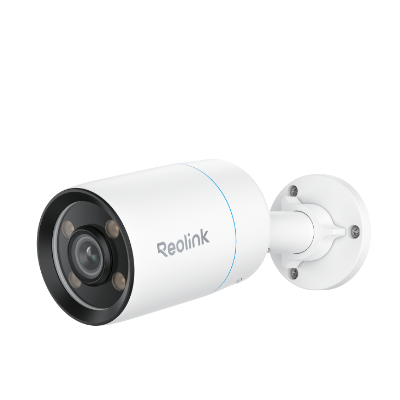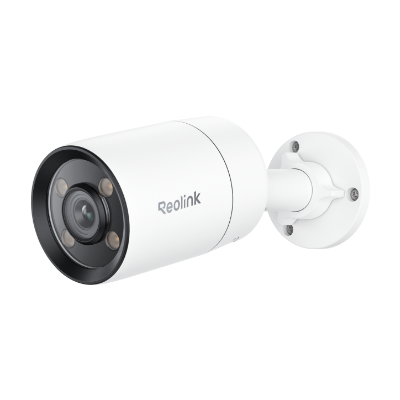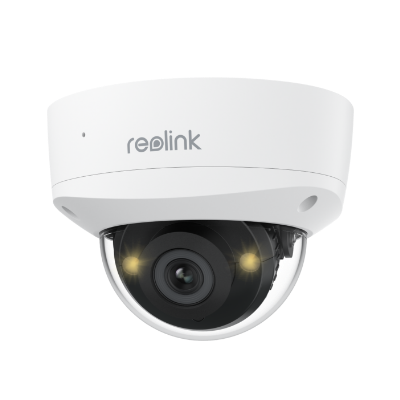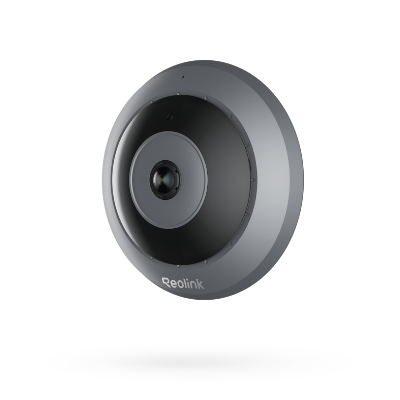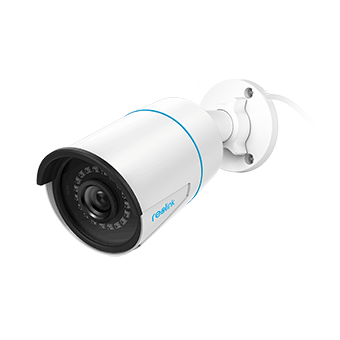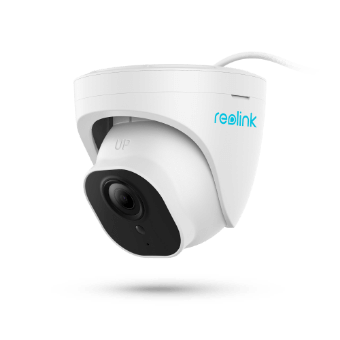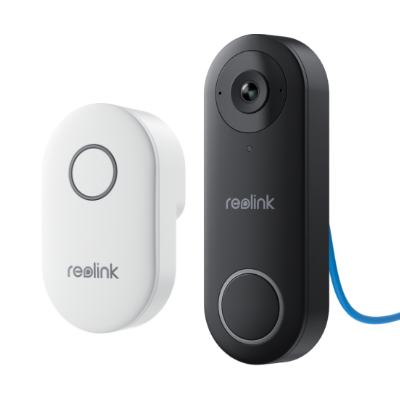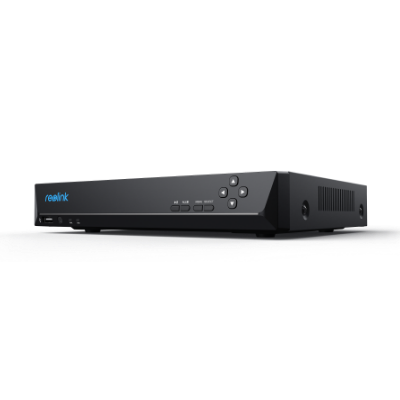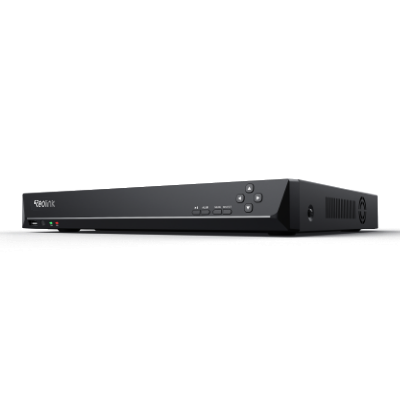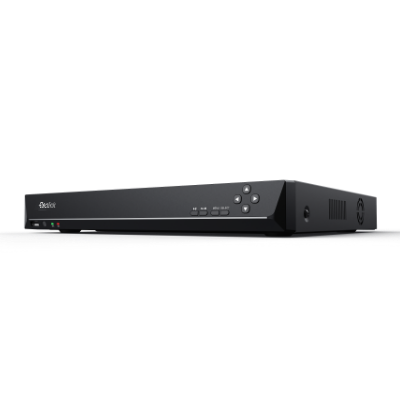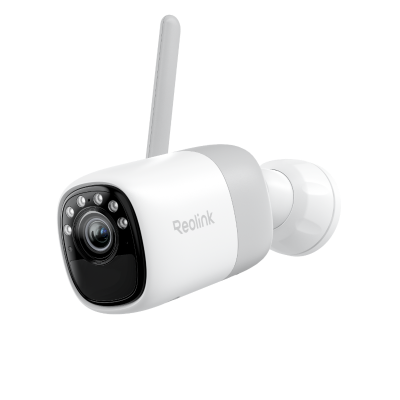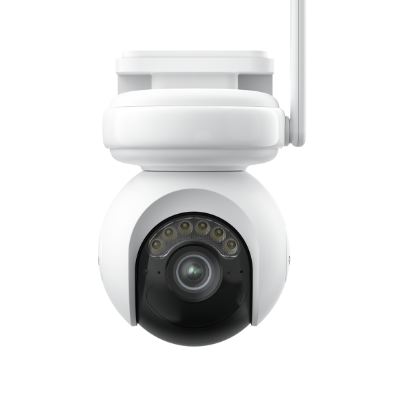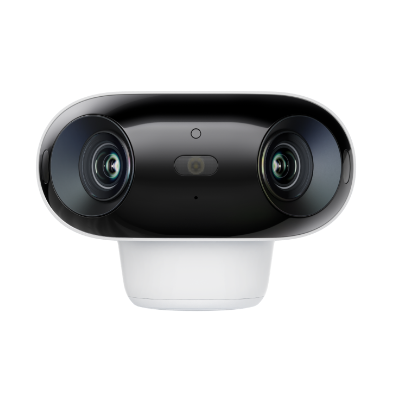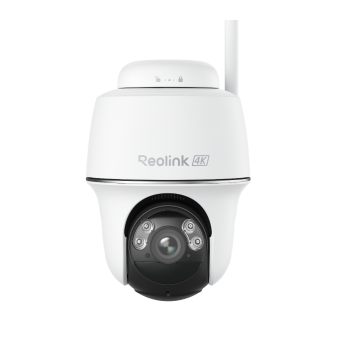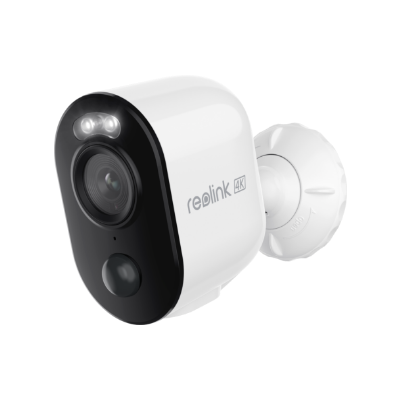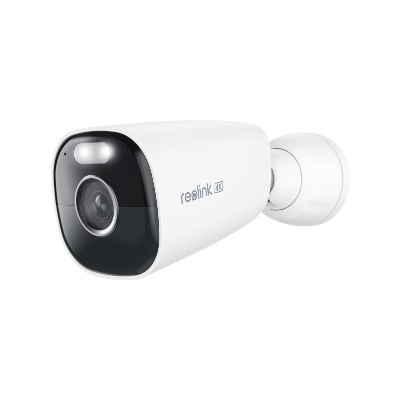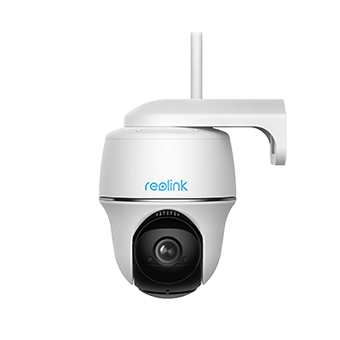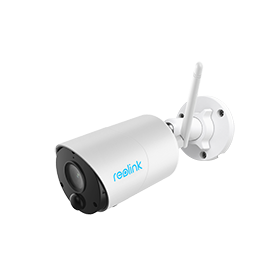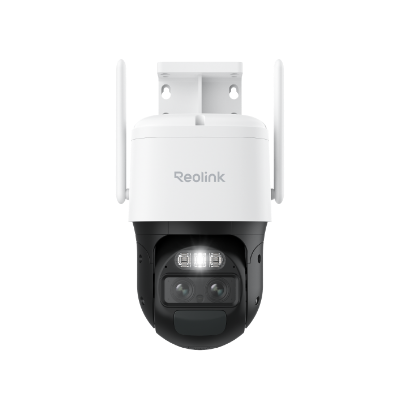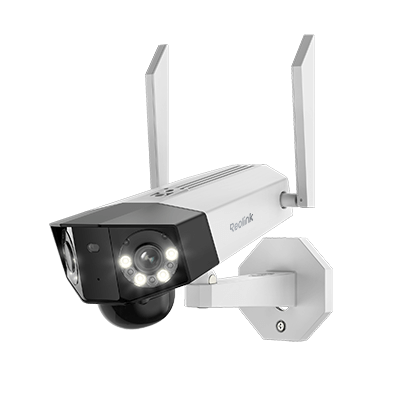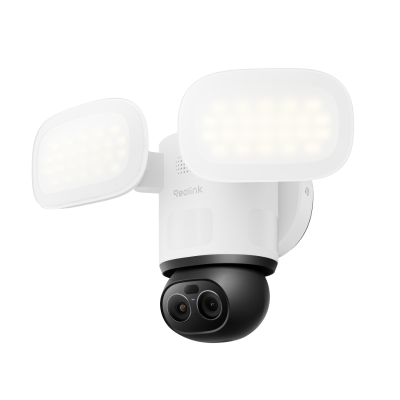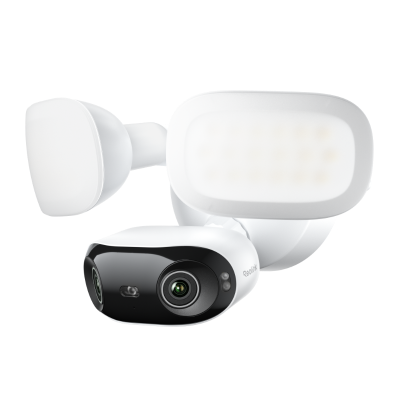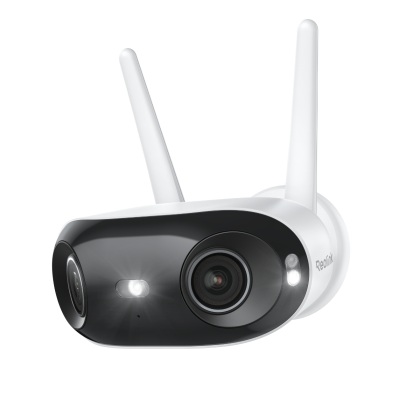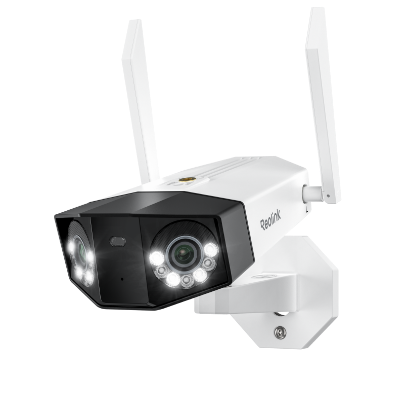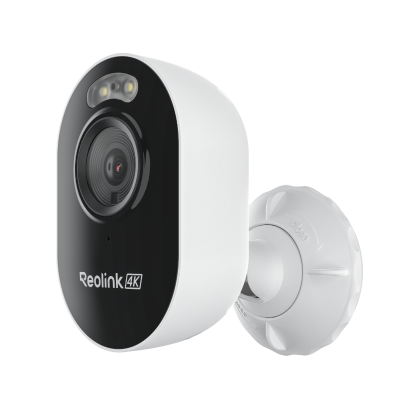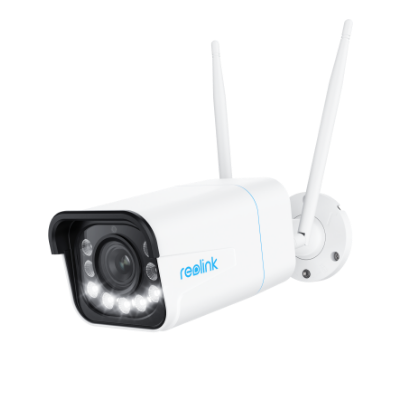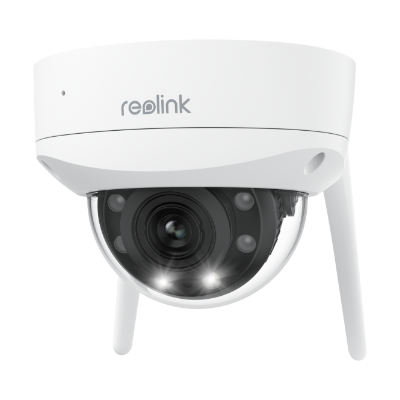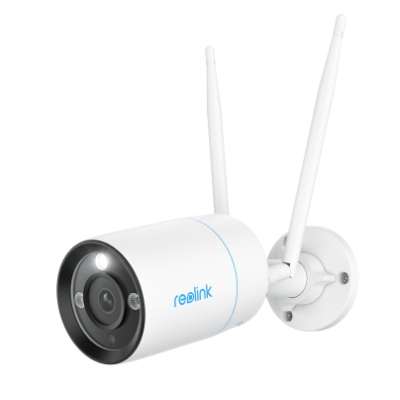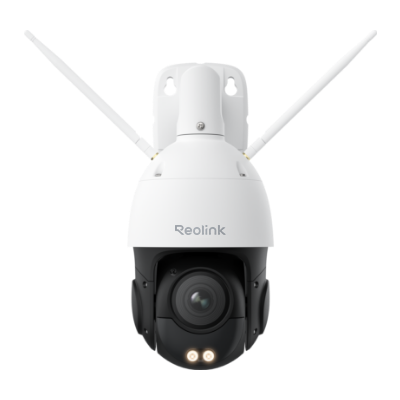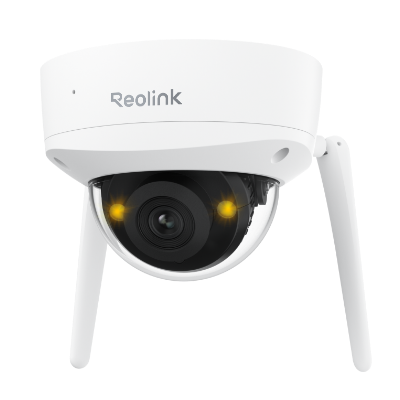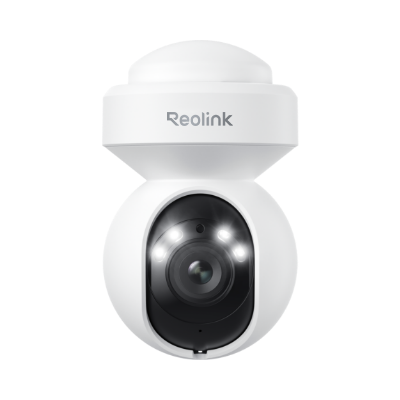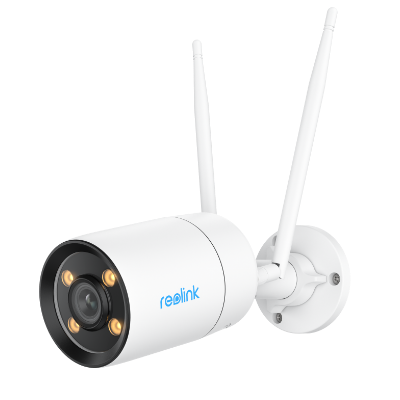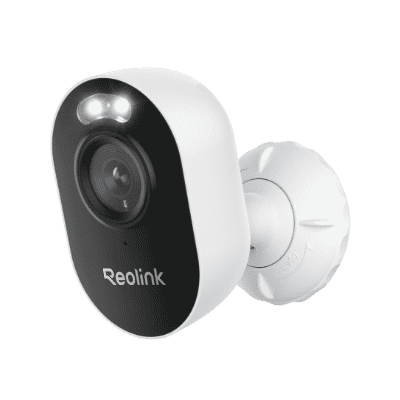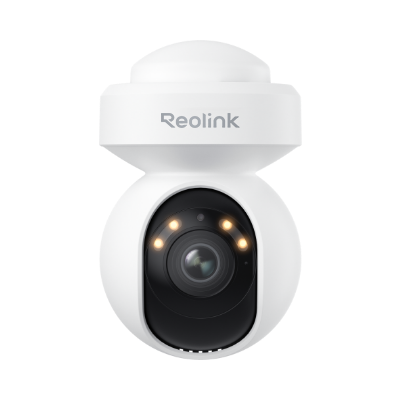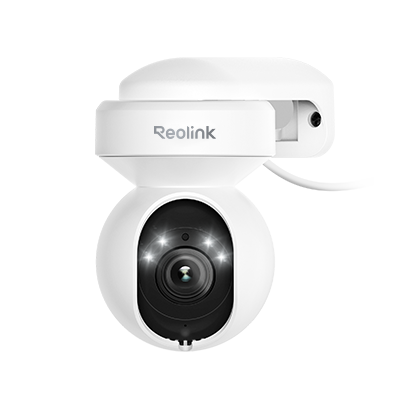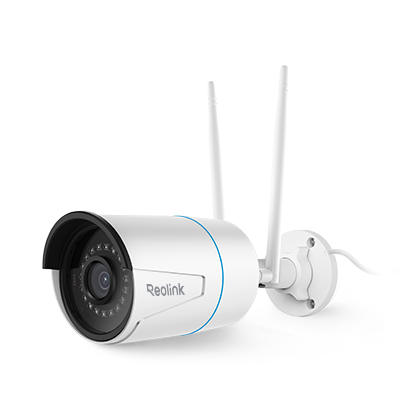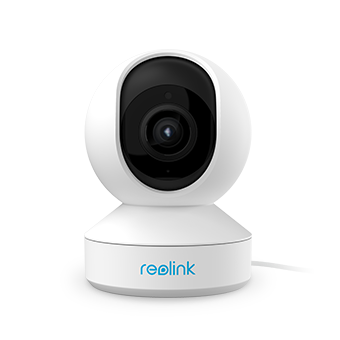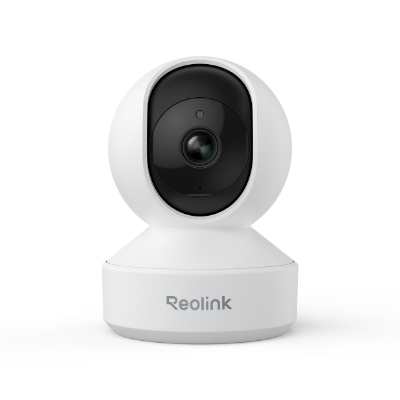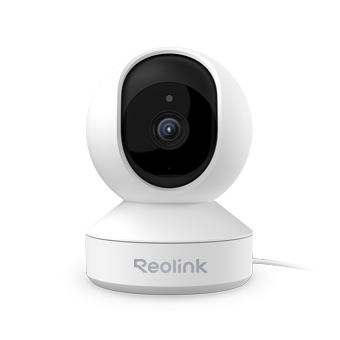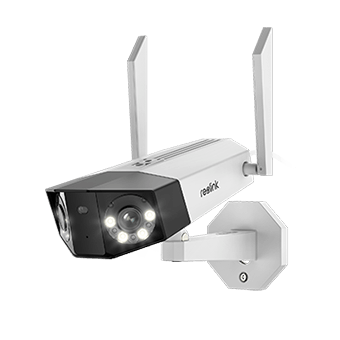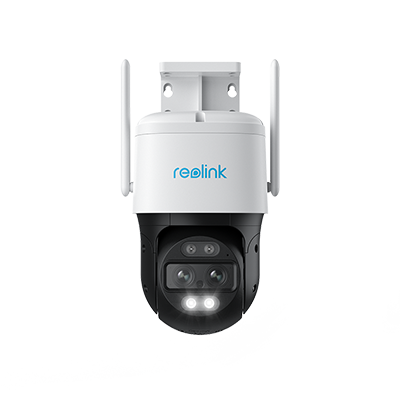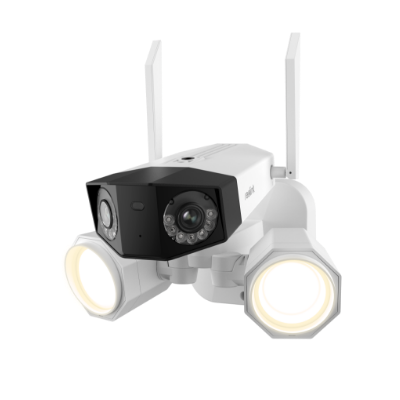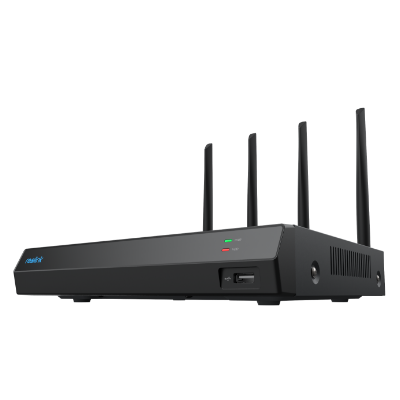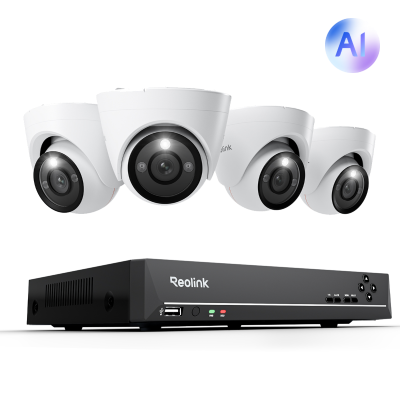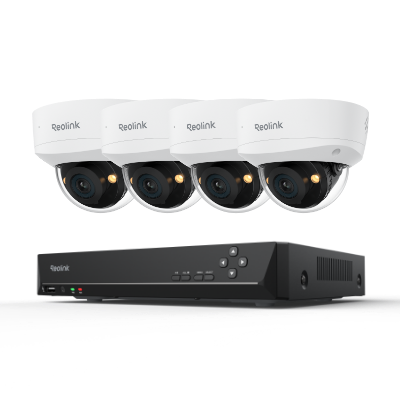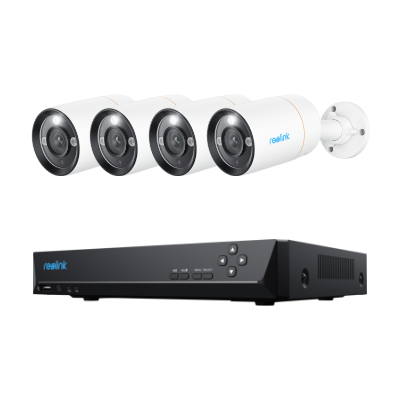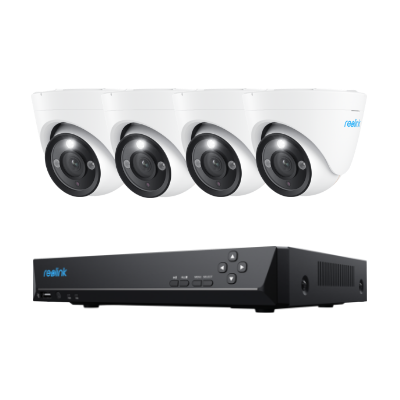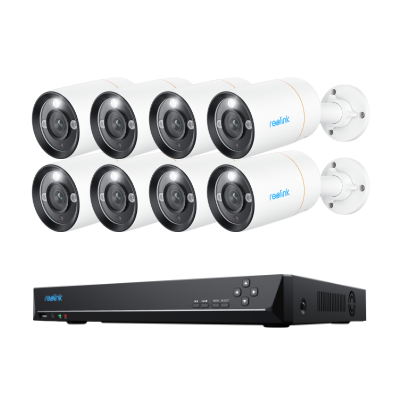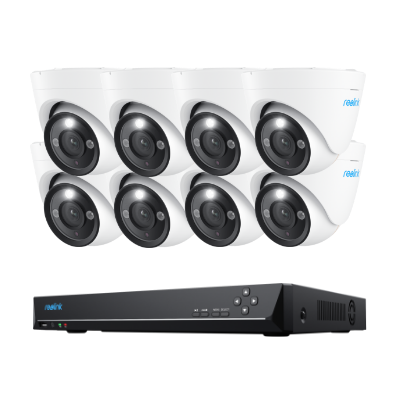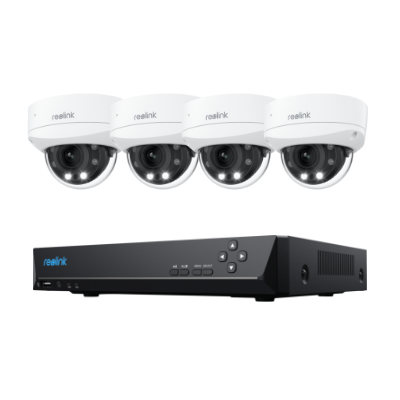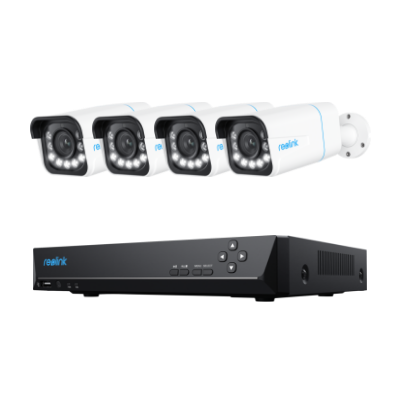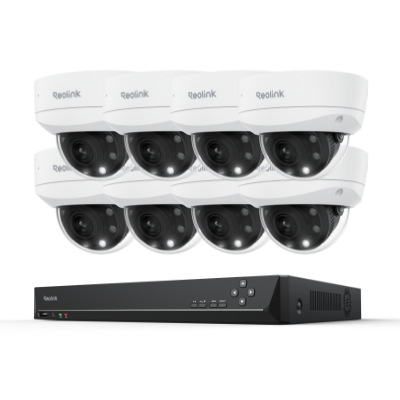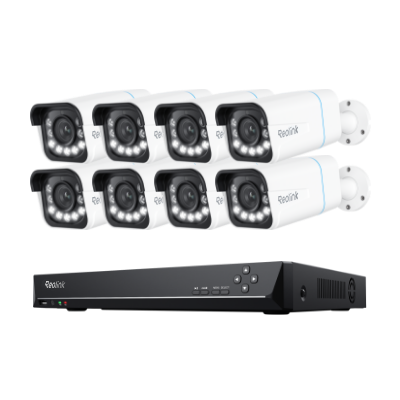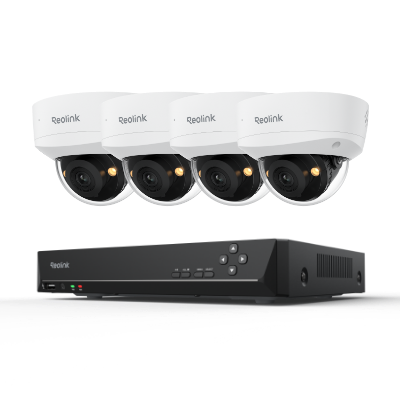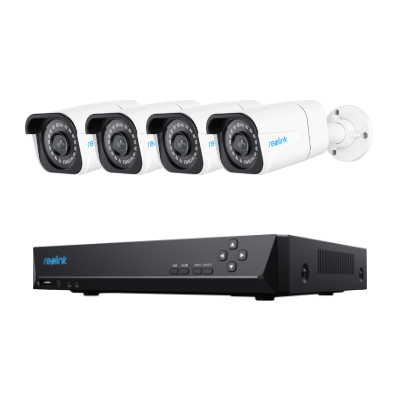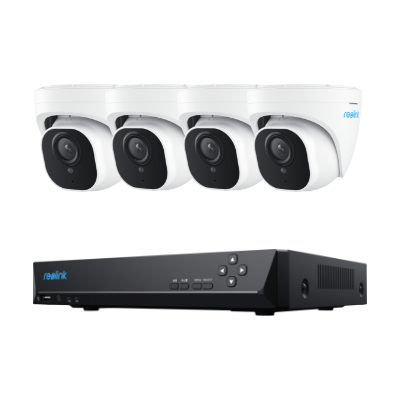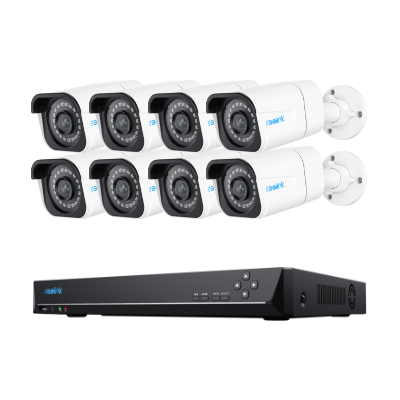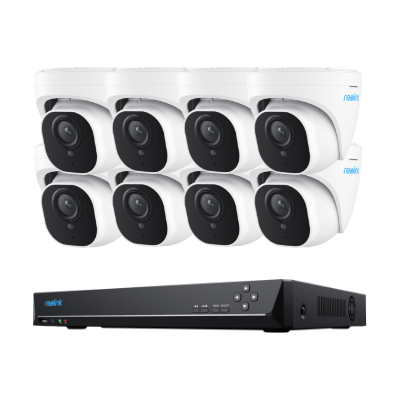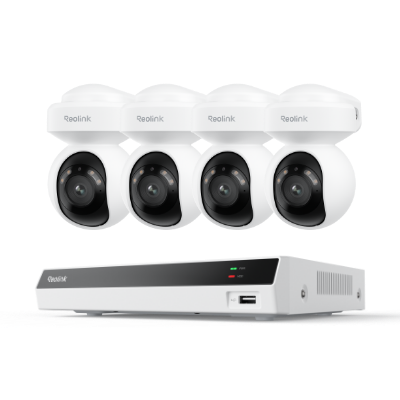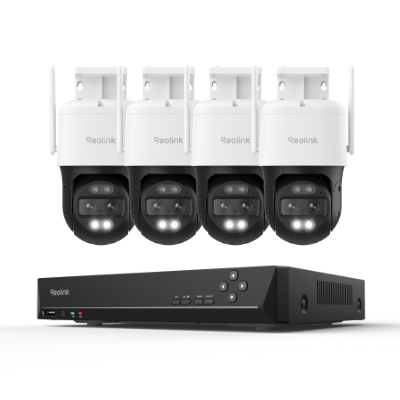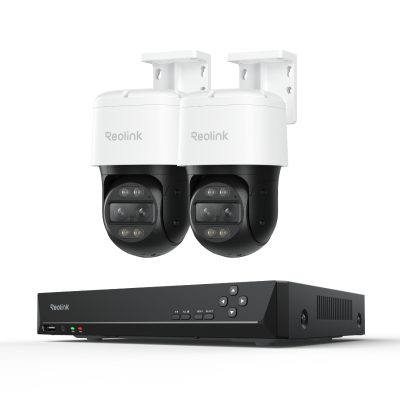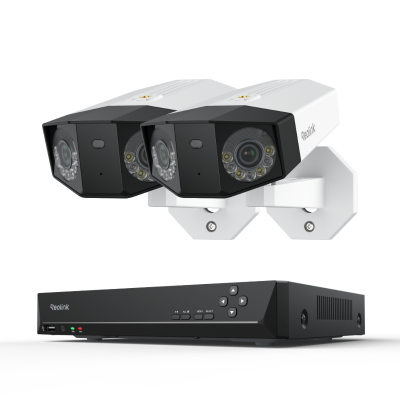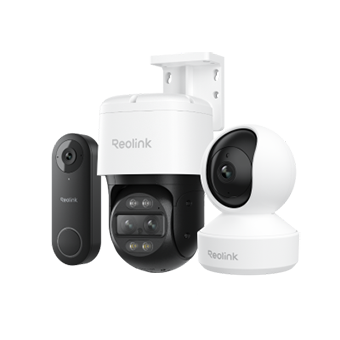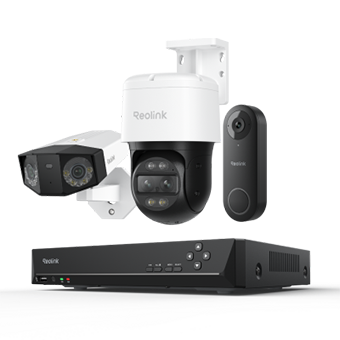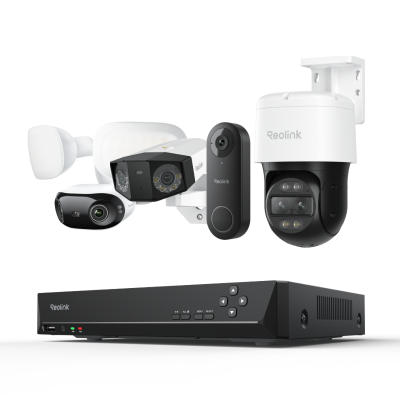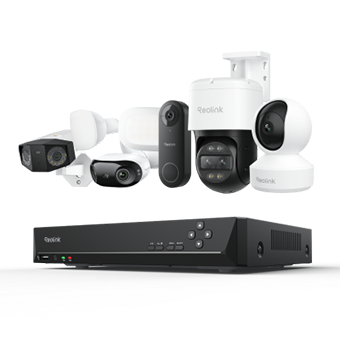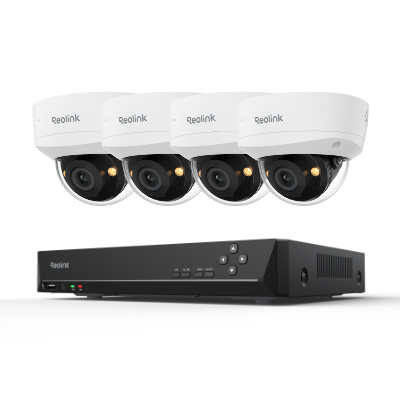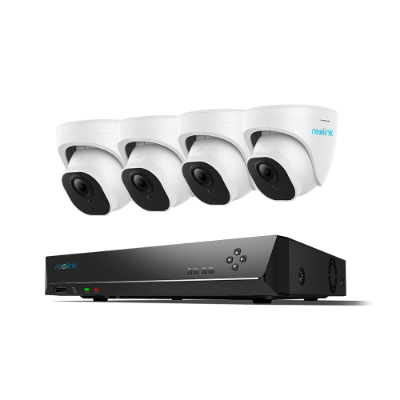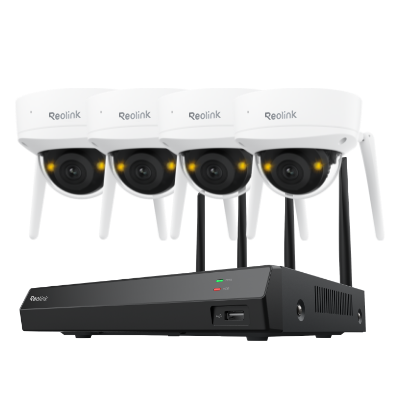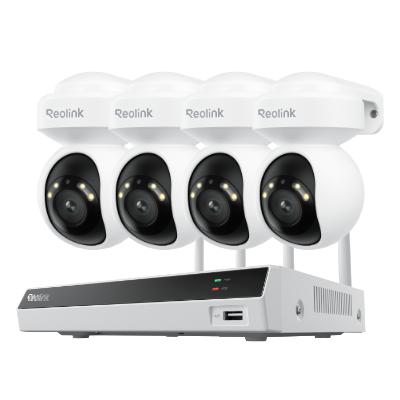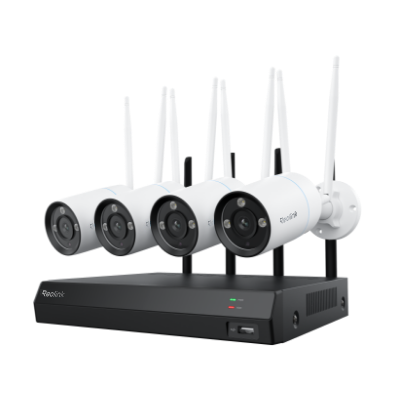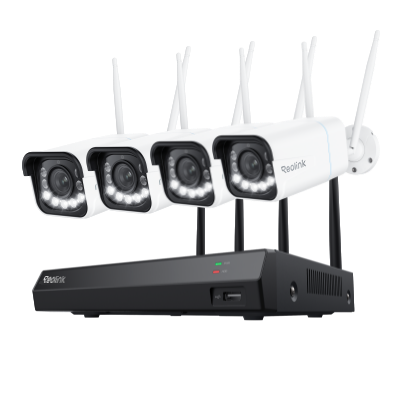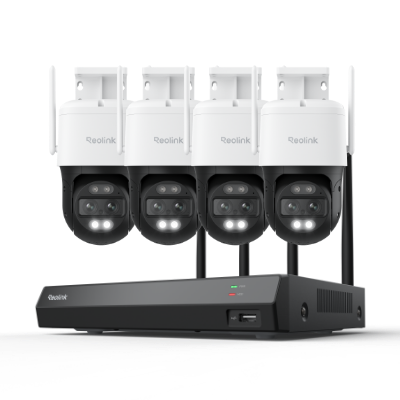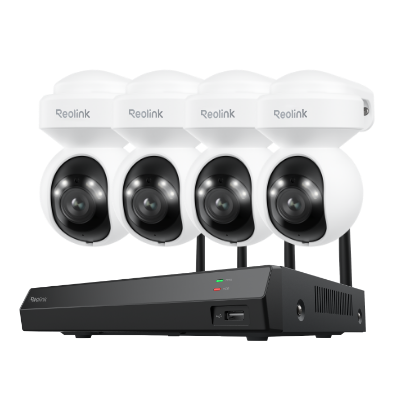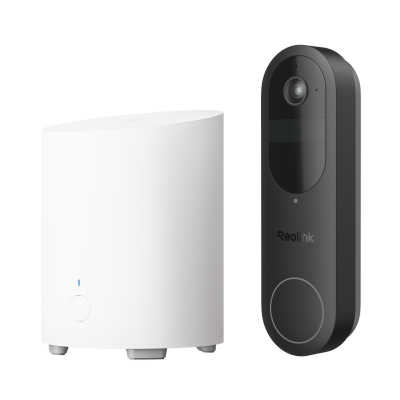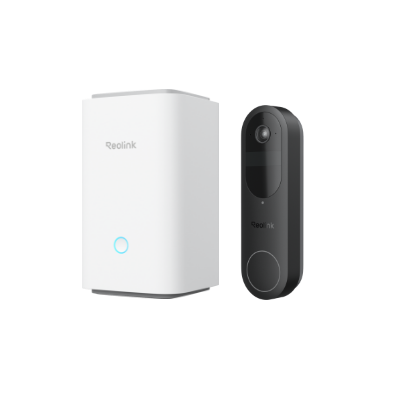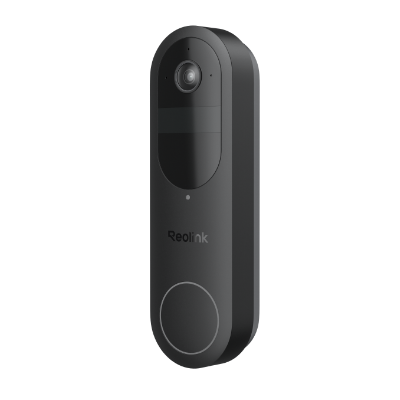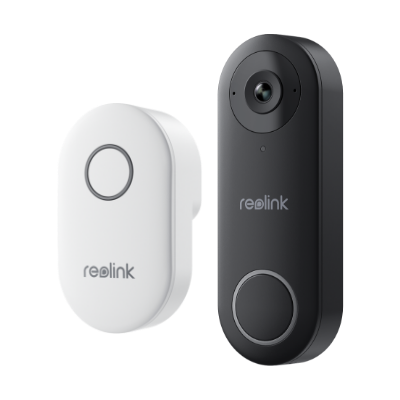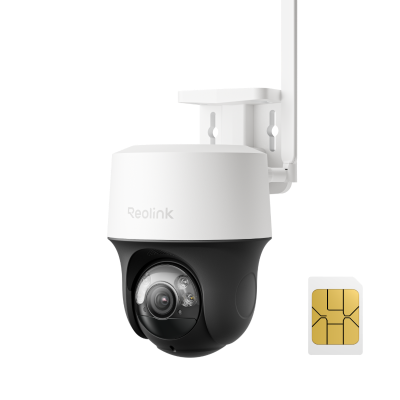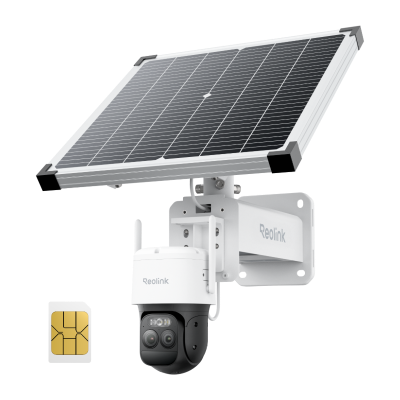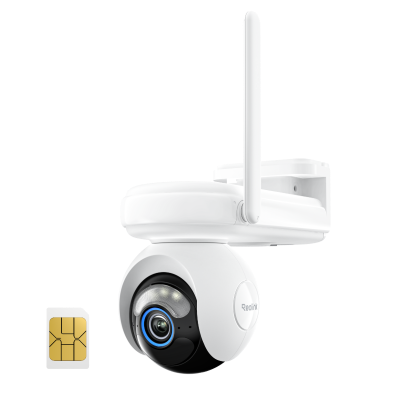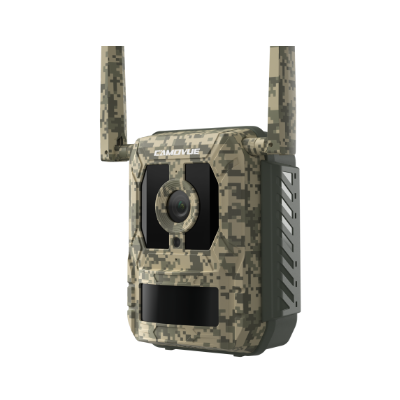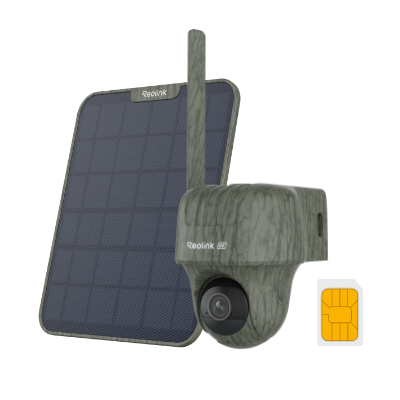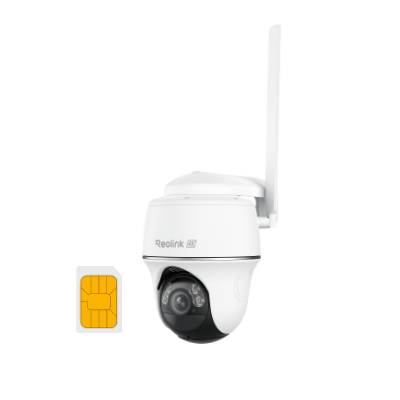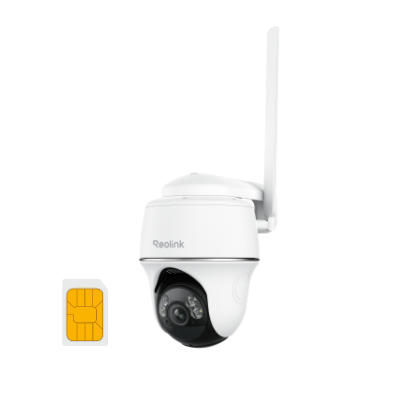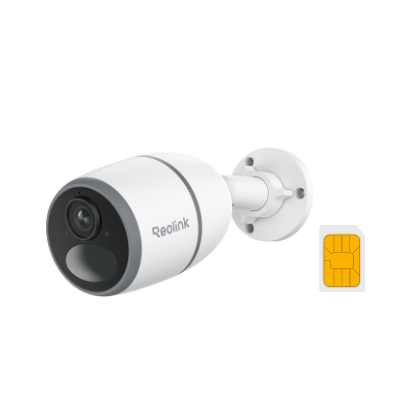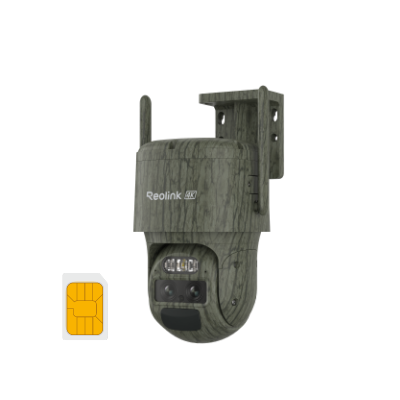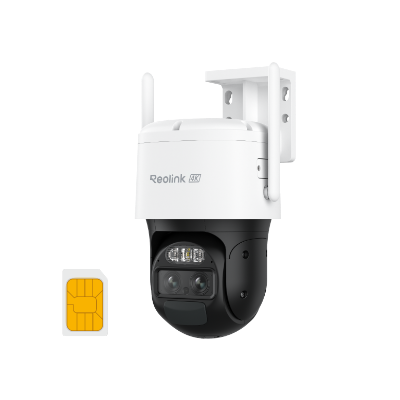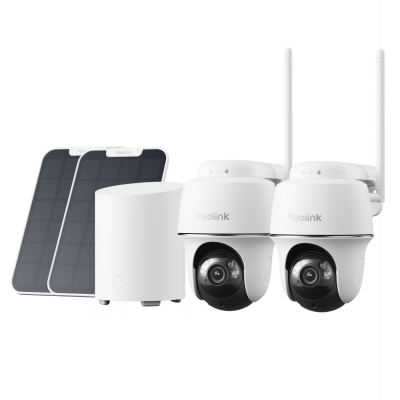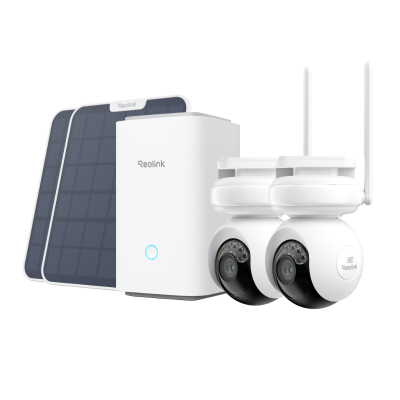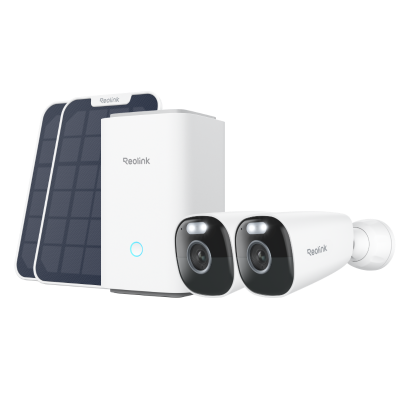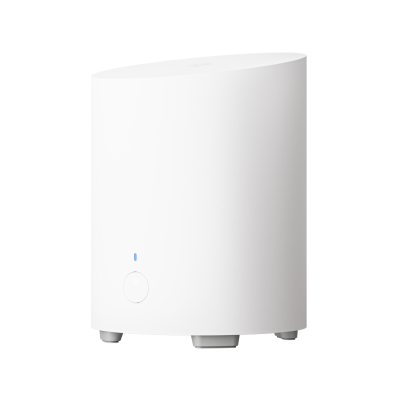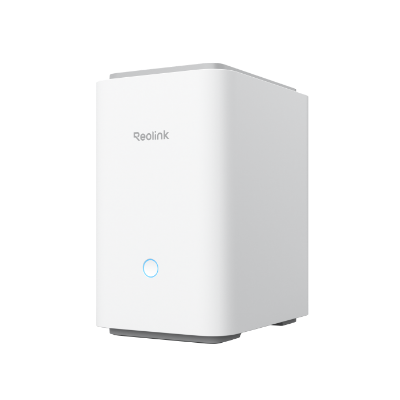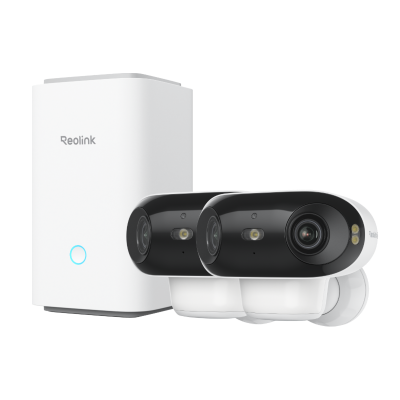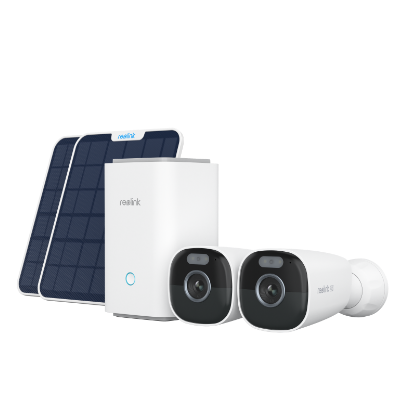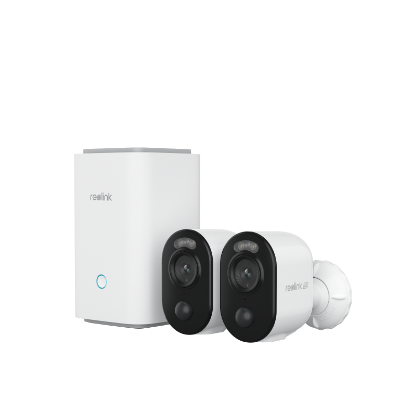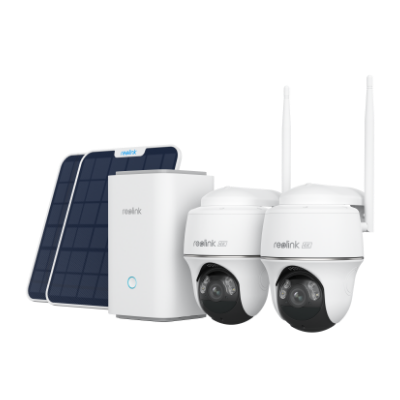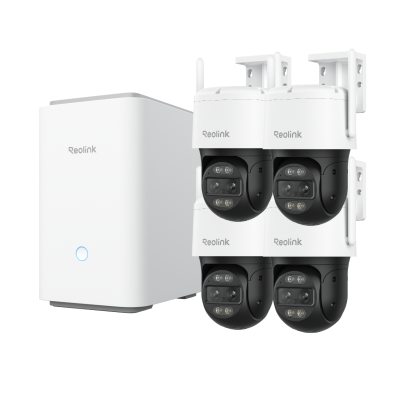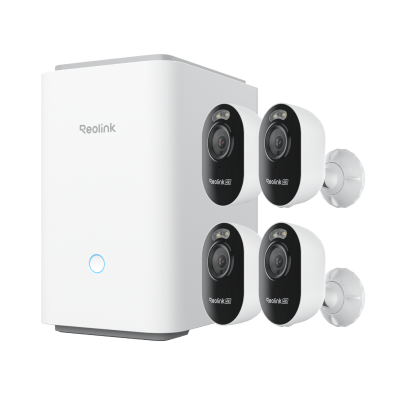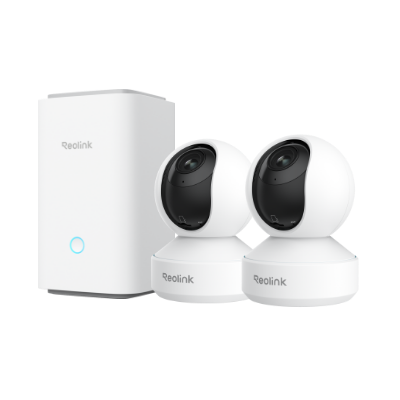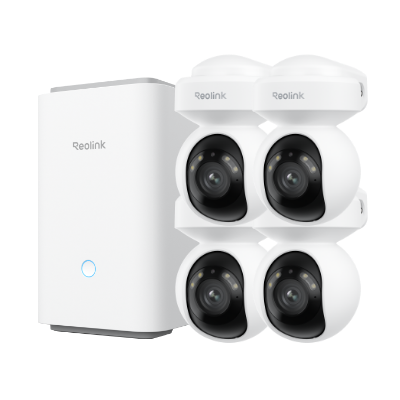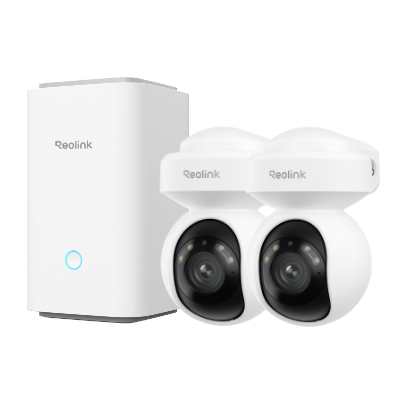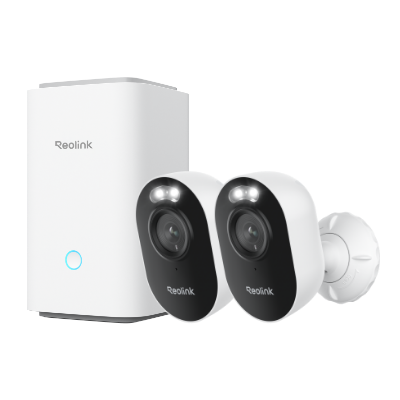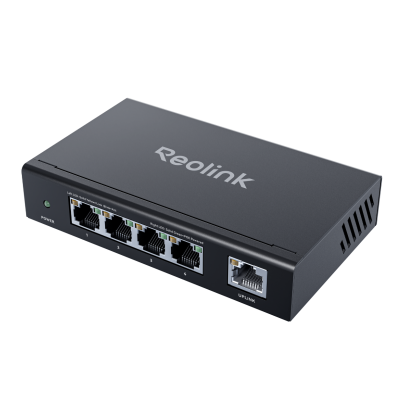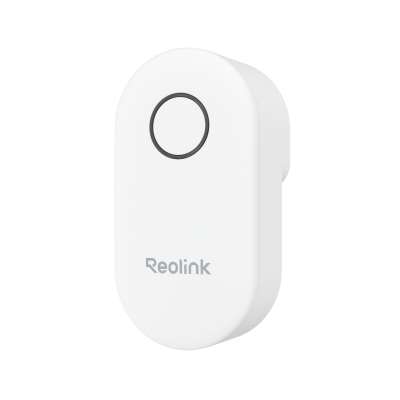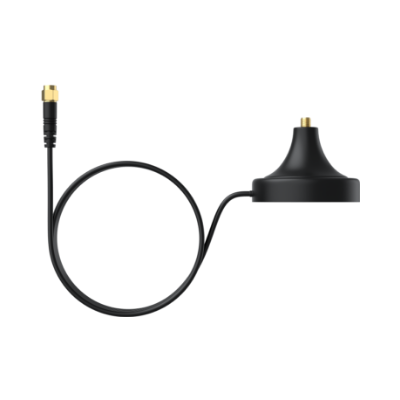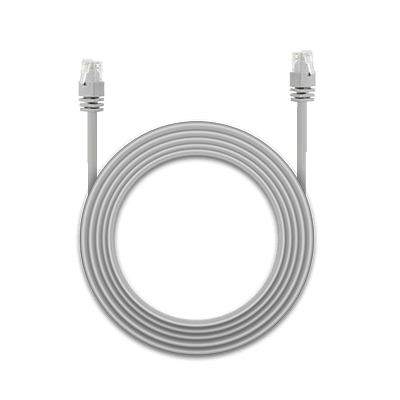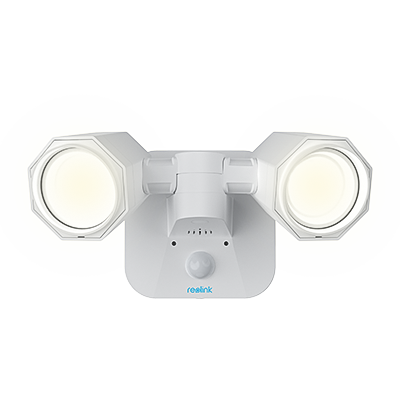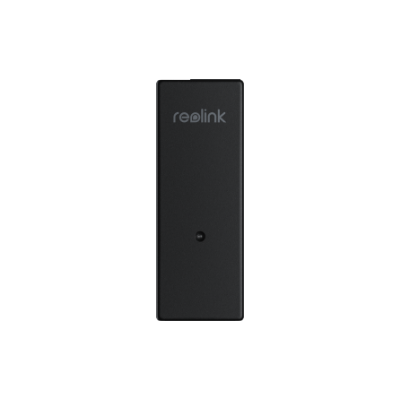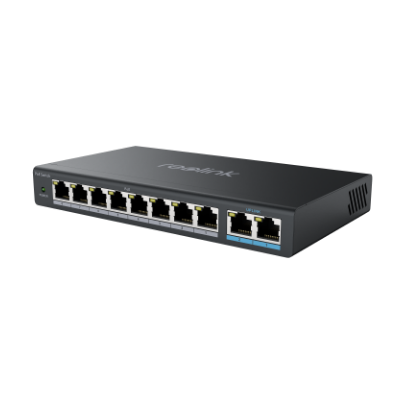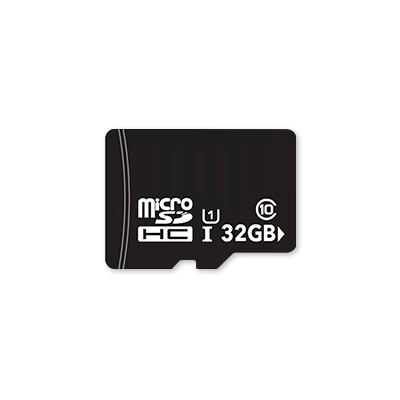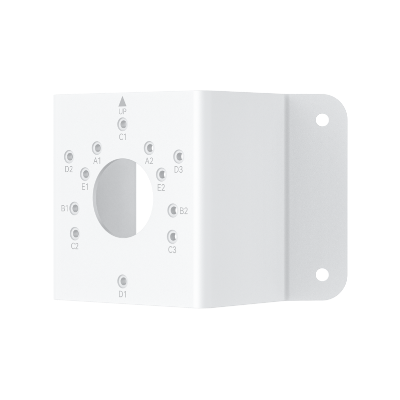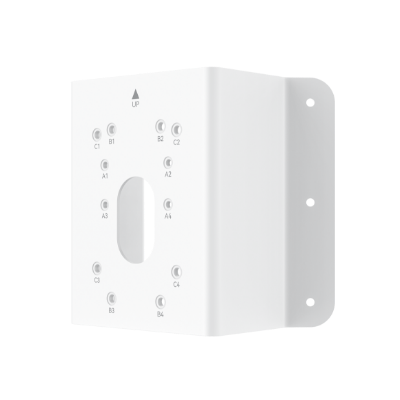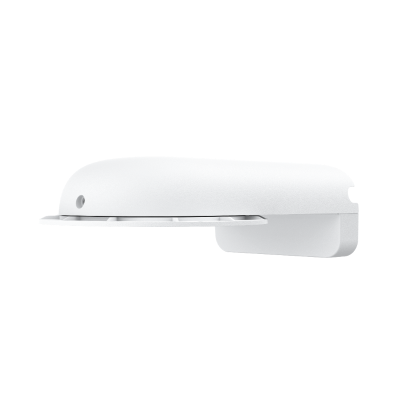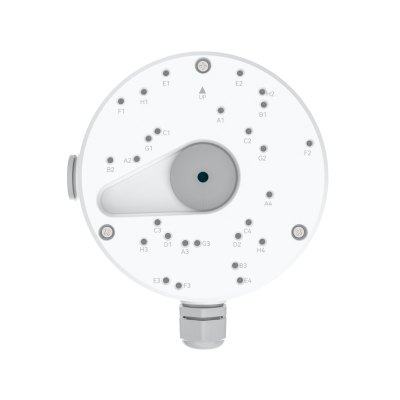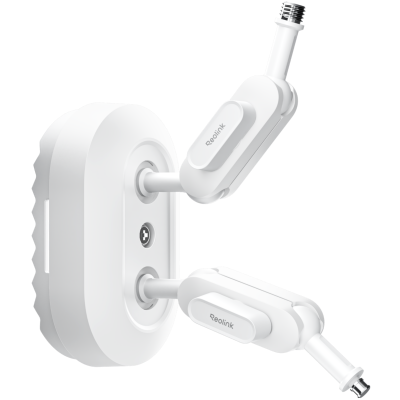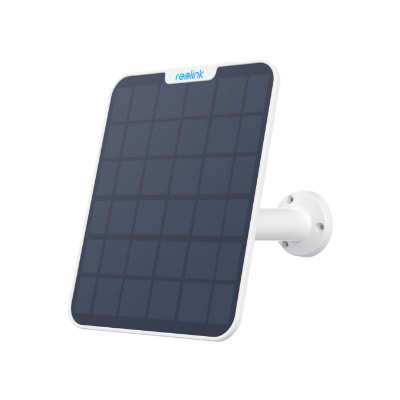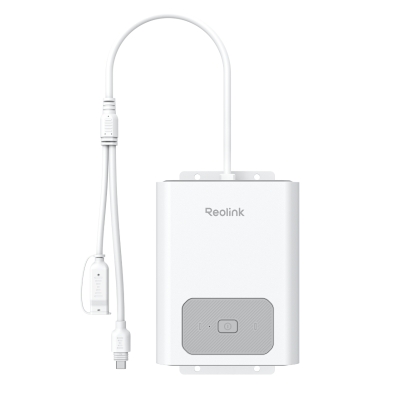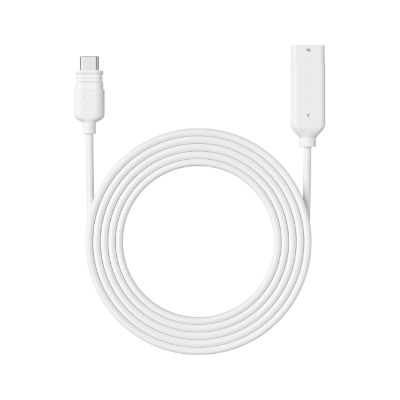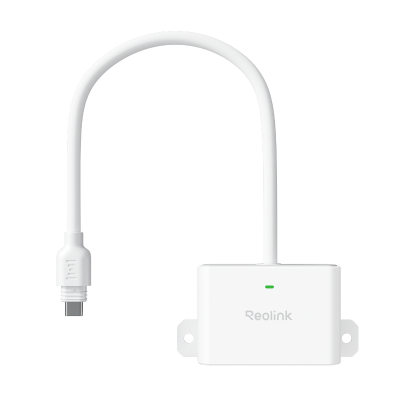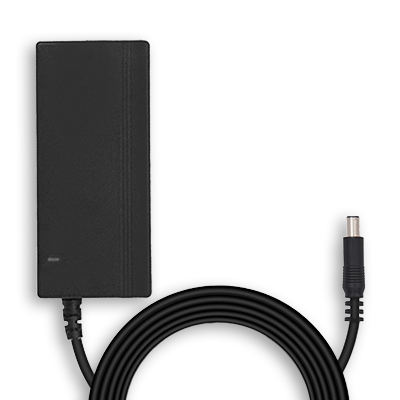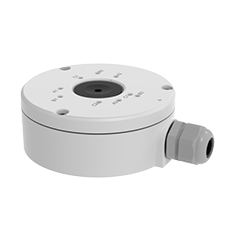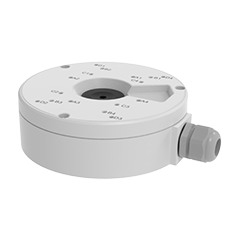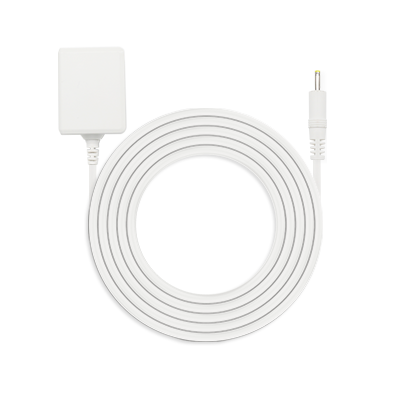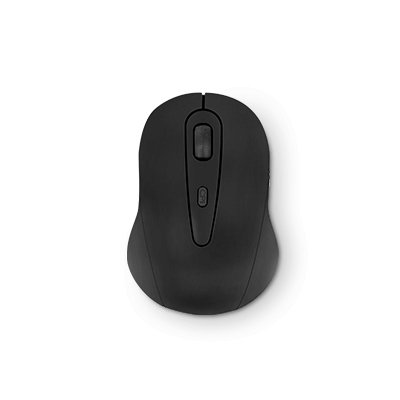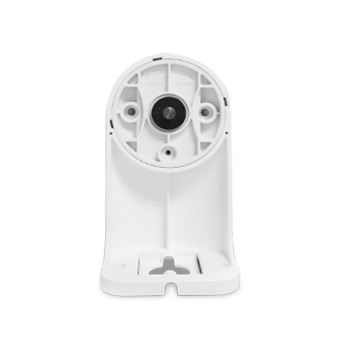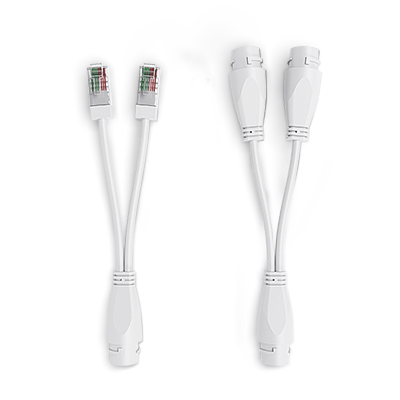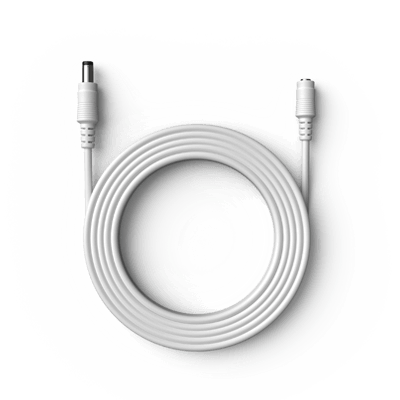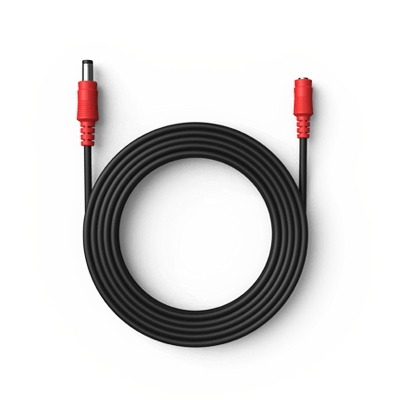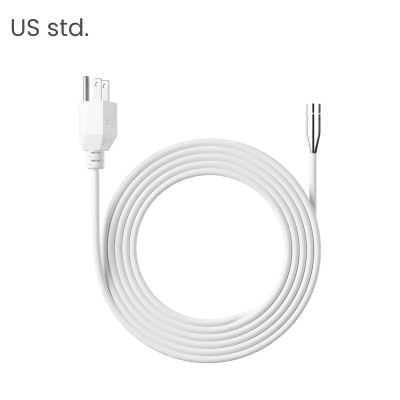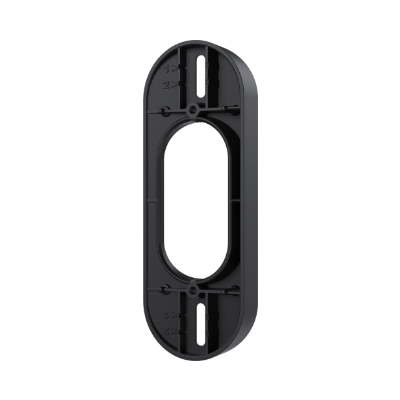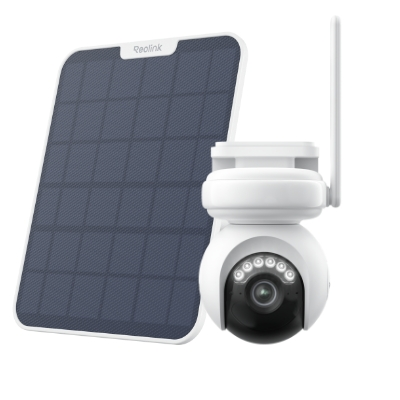How Long Do Solar Panel Batteries Last?

Do you belong to the same group of people investigating how long solar batteries last to avoid all the possible inconveniences?
If yes, do not look further because the forthcoming content will be your ultimate guide to solar battery lifespan. It also illuminates all the factors that can deteriorate battery health to help you avoid them.
How Long Do Solar Panel Batteries Last?
This depends on its usage and kind, like what you demand from it and what type you use. Typically, solar panel batteries can last 5 to 15 years. Acid solar batteries are short-term, as they usually last 5 to 7 years. Lithium batteries are suitable for residential systems and last up to 10 to 15 years. The battery life span is highly affected by its quality, kind or type, environment, etc.
Solar panels have also been integrated into battery security cameras. For example, the new Reolink Altas PT Ultra has a 20,000 mAh battery and can use solar panel for charging.
Industry-leading 4K Continuous Recording Battery Camera
4K UHD Continuous Recording; ColorX Night Vision; Pan & Tilt; Automatic Tracking; All Recordings Stored Locally.
How Long Do Batteries for Solar Panels Last?
Although there is no exact number, some factors might help you determine how long solar panel batteries can last. Firstly, the brand and type of battery you select play an essential role in determining how long the battery will last.
Additionally, the battery won't perform well in harsh weather, such as when there is too much cold or extreme heat. Good maintenance and regular checking will help to extend the life span of the solar panel batteries.
What Factors Will Affect the Lifespan of Solar Panel Batteries?
Several factors affect the lifespan of solar batteries, such as:
Battery Type
When selecting a solar battery, it is essential to understand some of its significant types, including:
-
Lithium-ion batteries: They are the most popular type for residential solar systems. They have a longer lifespan and low maintenance requirements, which offer more efficient performance.
-
Lead-acid batteries: Traditional batteries are usually handy for off-grid systems and are cheaper than other batteries. However, they offer a shorter life span and lesser energy density. Lead-acid batteries are voluminous and need constant care and maintenance.
-
Flow batteries: These are made of new and modern technology and offer a much longer life span. They store energy in liquid electrolyte solutions and are best used to power huge or more enormous appliances.
Usage Patterns
Realizing your power demand before purchasing a battery is extremely important. This helps you select the right one according to your needs and requirements. Batteries with sufficient capacity are good for mass energy at night. On the other hand, batteries with high discharge are better for daytime use.
Depth of Discharge
DOD refers to the battery percentage that helps identify the energy used. Suppose a higher percentage indicates that batteries have been utilized before restoring or recharging. Lead-acid batteries support a lower DOD of 50 percent or even less. In comparison, lithium-ion batteries support a greater DOD of 90 percent.
Environment and Installation
A moderate environment that is neither too low nor too high is typically considered suitable for batteries. However, extreme cold or too much hotness can reduce the efficiency of the batteries. Overnight installation is the key.
If the batteries are not installed correctly, they might not work properly. Therefore, consistent battery checks are essential.
Cycle Life
Cycle life means the total charge and discharge a battery has undergone. Lithium-ion batteries have a longer cycle life ( between 5000 and 10000 cycles) than lead-acid batteries (500 to 1000 cycles). In addition, flow batteries also have a higher cycle life, which is suitable for extensive usage areas.
Maintenance and Care
Maintenance requirements vary for every battery. For instance, lithium-ion batteries require minimal maintenance as they are equipped with built-in management systems. At the same time, the lead-acid batteries need to be checked regularly.
You need to keep track of its fluid level and corrosion. Lastly, the flow is low maintenance but requires periodic electrolyte replacements and system checks to ensure proper working.
No matter what type of battery you choose, adhering to its maintenance requirements can help enhance durability and system longevity.
How to Extend Solar Battery Lifespan?
You can extend the solar battery lifespan by taking care of a few components, including:
- Regular charging: Keep your battery charged to avoid deep charges. That means charging your battery health regularly without significant intervals in between. Implementing a reliable charging schedule helps to prevent battery degradation in the short run.
- Avoid full discharging: One common mistake households make is charging the battery to its total capacity when it's wholly detained. However, this is a significant mistake. Charging a battery when about 20% of its previous charging is still left is advisable.
- Use a high-quality battery: Invest in it and source it from reliable brands. These batteries use advanced technology and are designed to last longer and perform better.
- Daily care and cleaning: Perform regular maintenance on the solar battery system. It includes cleaning terminals and ensuring that the connection is fully secured.
When to Replace Solar Batteries?
Here are a few conditions under which you should immediately change your solar batteries:
- Performance issues: If you notice a significant drop in system performance, it might be a sign that the battery is getting dysfunctional. Such issues can stem from aging batteries that cannot hold a charge.
- Drop in battery capacity: A noticeable decrease in battery capacity indicates it is time to replace it. If the battery can no longer provide similar energy, it's probably because its holding capacity has decreased.
- Frequent charging: If your batteries drain more quickly than they used to, it is high time to replace them.
FAQs
What is the average cost of a solar panel battery?
On average, a solar panel battery costs between $4,000 and $10,000. The solar panel price typically involves only the battery; however, a few times, it also includes the costs of battery installation.
Factors such as the kind of battery, storage capacity, and other elements determine the price of the battery. A battery with more features demands a higher price.
How often do solar batteries need to be replaced?
Well, there's an approximate number. It may have to be replaced within five years or can also run smoothly for 15 years. The life span majorly depends on the battery's maintenance and type.
The lead-acid batteries can last for 5 to 7 years, which is a short period, while the lithium batteries can last up to 15 years. Proper maintenance is crucial to extending the lifespan of your batteries.
Is it worth getting a battery with solar panels?
Of Course, it is worth it. Batteries enable you to store additional solar power at night or during rainy times when no sunlight is available.
Additionally, they make the appliances less dependent on the grid, which means you will save significantly on the electrical bill. They are absolutely worth it as they support long-term savings, making them a fine choice for your house.
Conclusion
The durability of solar batteries depends upon an extensive range of factors, such as the battery type, cycle life, depth of discharge, usage pattern, and the list goes on. In addition, there are some conditions under which you must immediately change your solar batteries, as discussed above. So, please read the article carefully and share it with your family and friends.
Search
Subscribe for the Latest Updates
Security insights & offers right into your inbox

